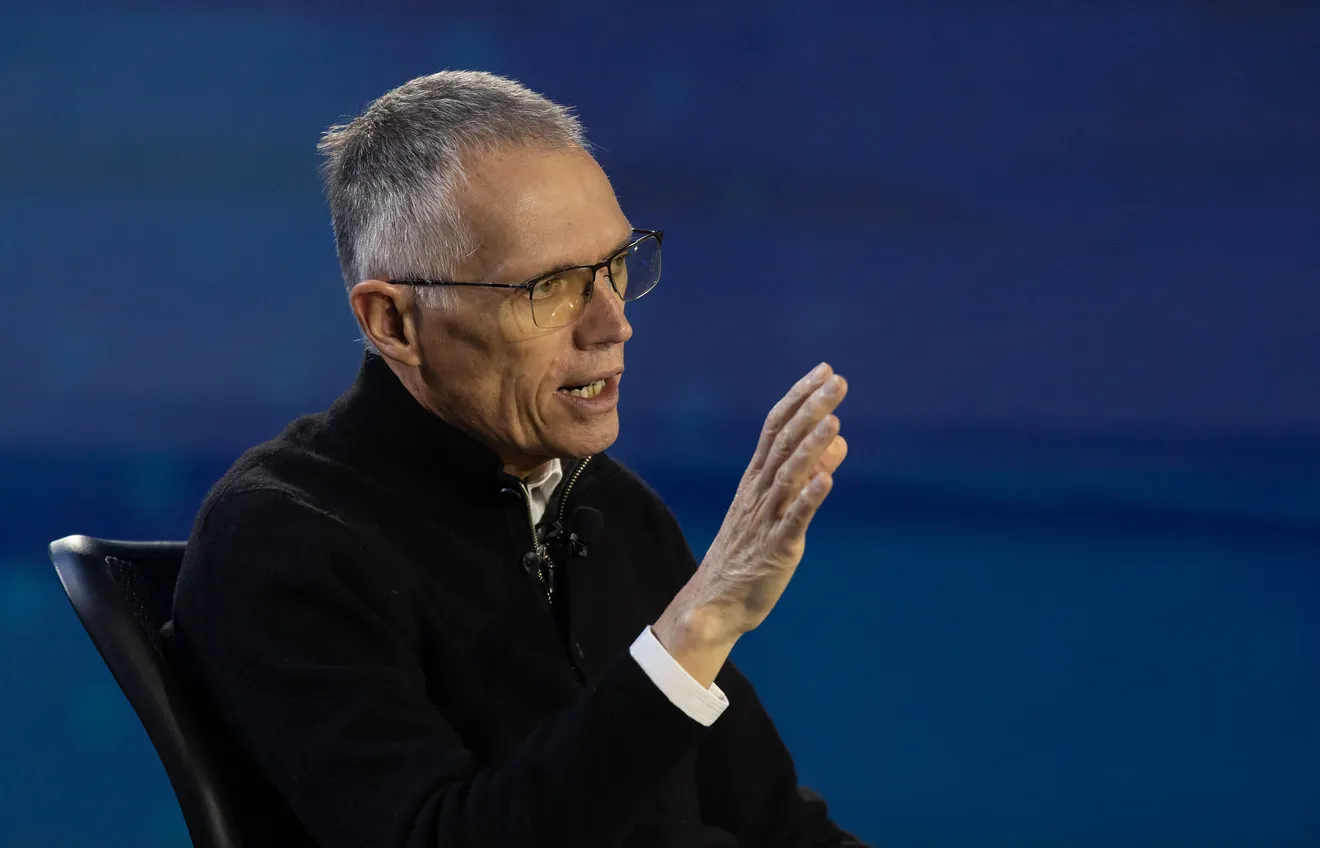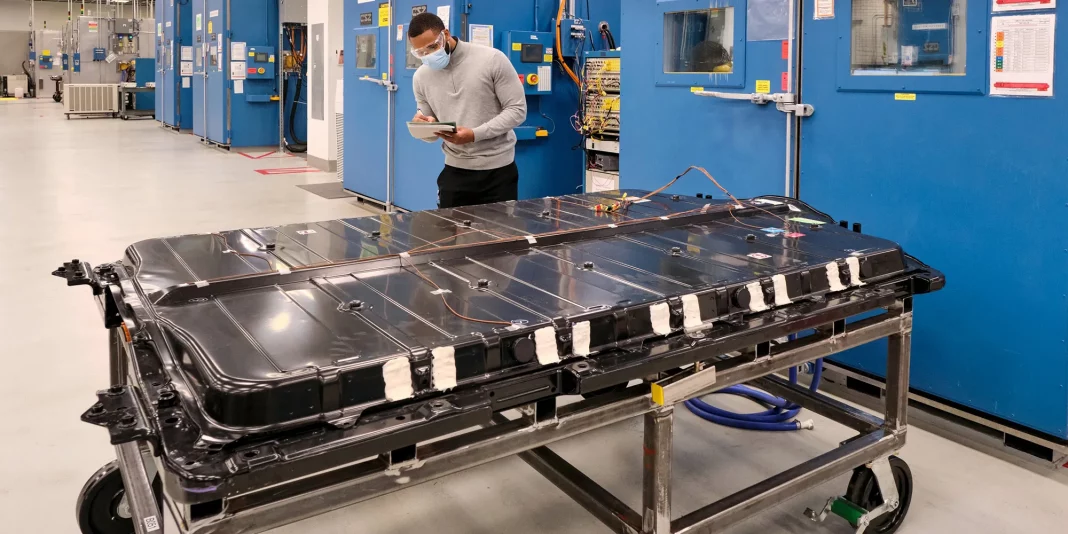What EV companies are affected by battery shortages?
The United States is lagging behind other countries like China and the continent of Europe – both countries that have embraced the use of electric vehicles. That said, companies like Ford, Tesla, and Honda are suffering from the lack of batteries. Not only is there a shortage, but because of the shortage of EV batteries, the price for batteries has increased, leading the CEOs of auto companies to increase the listing price of vehicles to consumers.
Why is there a battery shortage?
The main issue regarding the battery shortage for EVs is a shortage of lithium. The production of lithium primarily comes from China. However, they also use tools and materials for lithium mining and lithium battery factories in Western Australia. With the inconsistency and large supply chain, even one hiccup can cause production to slow down. For now, Australia is still developing lithium mining efforts which can take between 5 to 10 years to complete.
There is also a battery shortage because of a lack of employment. Currently, there is a global shortage of skilled workers, specifically involved in the supply chain and delivery. This includes the process of shipping overseas. When there are not enough people to move cargo around, this leads to batteries and other car parts like chips stalling in ports halfway across the world.

How expensive are EVs to produce now?
With these shortages, there are a lot of fears and complaints from CEOs, including the CEO of Stellantis, Carlos Tavares, that expects the shortage of batteries to continue until at least 2025. After 2025, he is wary that the next shortage will be the result of lacking raw materials.
The average cost to buy an EV battery is $128 per kilowatt-hour. For car owners to replace an EV battery, they should expect to pay around $20,000 depending on certain factors and availability. The average sale and listing price of an electric vehicle is currently $54,000, which is well above the average price of a new car, electric or not.
Different solutions EV companies are implementing to reduce the battery shortages
Thankfully, many companies are pulling their weight and coming up with solutions to keep the cost of EVs down, as well as electric vehicle batteries. For example, Tavares is investing billions of dollars, $2.5 billion to be exact, to build an electric vehicle and battery production center in Indiana. Although this does not solve the raw materials problem, it does give power back to companies that are waiting for supplies and batteries from other countries.
Other companies are also being proactive by implementing electric vehicle battery recycling centers. With these recycling practices, companies save money on the production and use of EV batteries while also helping the environment.
The electric vehicle battery shortage is a huge problem for companies that have long lists of back orders and are stalled during production because of the lack of raw materials. Experts do not expect raw materials to decrease in price or increase in supply within the next few years, forcing auto companies to come up with innovative solutions like building EV battery plants on U.S soil.
 Did you enjoy this article? Please share your thoughts, comments, or questions regarding this topic by connecting with us at newsroom@cbtnews.com.
Did you enjoy this article? Please share your thoughts, comments, or questions regarding this topic by connecting with us at newsroom@cbtnews.com.
Be sure to follow us on Facebook, LinkedIn, and TikTok to stay up to date.
While you’re here, don’t forget to subscribe to our email newsletter for all the latest auto industry news from CBT News.








